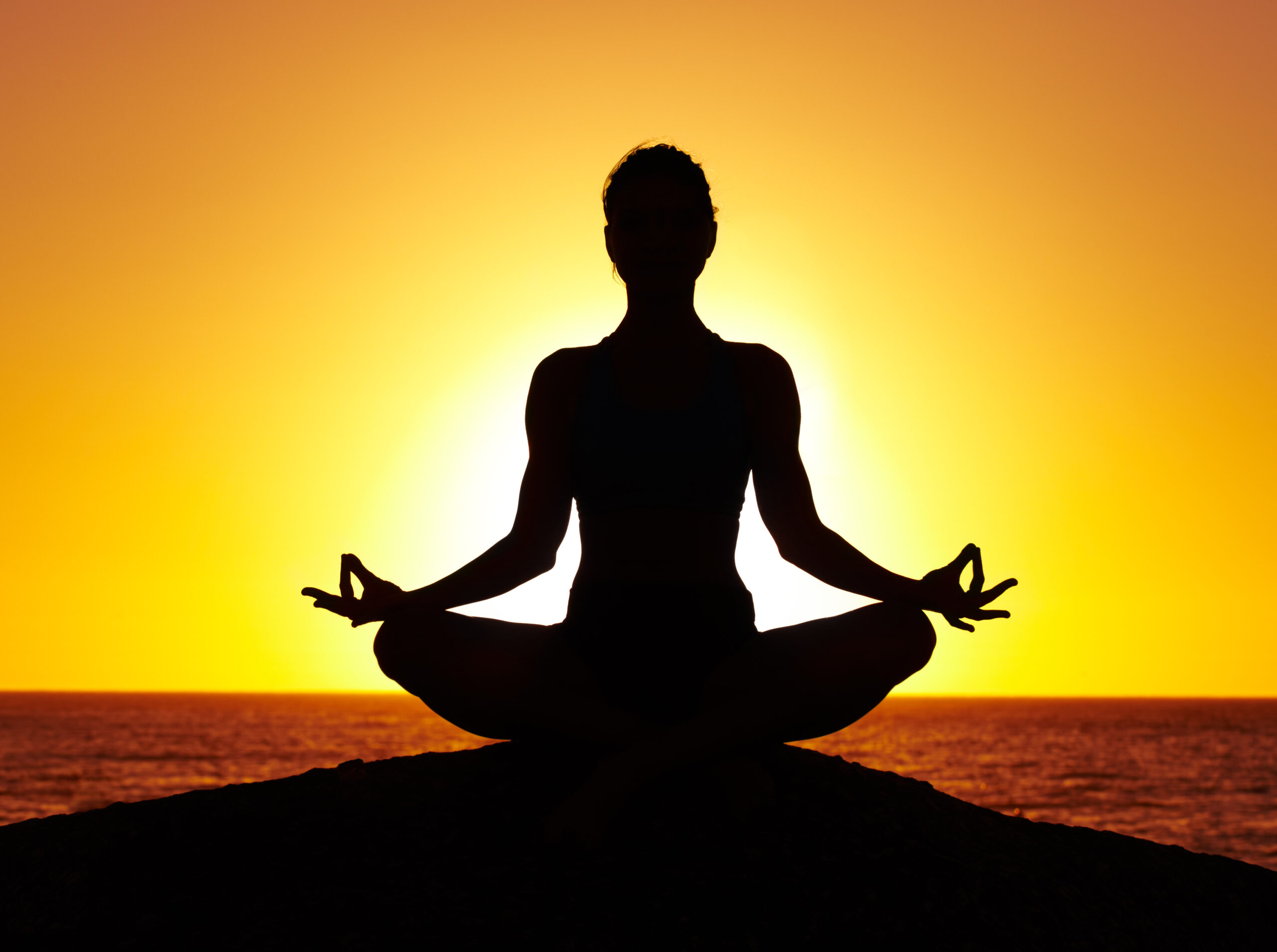A Complete Guide to Yoga Retreat Activities
Yoga is a time-honored practice that has grown from its roots in ancient India to become a global phenomenon celebrated for its profound impact on physical, mental, and spiritual well-being. Whether you’re a seasoned practitioner or a curious beginner, yoga retreats offer a unique opportunity to immerse yourself in this transformative discipline. Here’s a closer look at the diverse activities you can expect in a yoga retreat, highlighting the holistic essence of yoga.
1. Physical Postures (Asanas)
The physical aspect of yoga, known as asanas, forms the foundation of most yoga practices. These postures are designed to enhance strength, flexibility, and balance.
- Simple Stretches: Ideal for beginners, these help loosen tight muscles and prepare the body for more advanced poses.
- Complex Poses: For experienced practitioners, challenging asanas such as inversions and deep stretches promote growth and mastery.
- Sequences: Many retreats incorporate flowing sequences like the Sun Salutation (Surya Namaskar), which combine movement and breath for a dynamic experience.
Practicing asanas regularly improves muscle tone, boosts circulation, and nurtures a sense of discipline and focus.
2. Breathing Exercises (Pranayama)
Breath is the bridge between the body and mind, and pranayama is a practice dedicated to harnessing this connection. These controlled breathing techniques regulate the flow of prana (life energy) in the body. Popular pranayama practices include:
- Nadi Shodhana: Alternate nostril breathing for balancing energy channels.
- Kapalabhati: A cleansing breath technique to invigorate the mind and body.
- Ujjayi: Victorious breath, often used during asana practice, to maintain focus and calmness.
The benefits of pranayama extend beyond the yoga mat, helping individuals manage stress, improve lung function, and achieve mental clarity.
3. Meditation and Mindfulness
Meditation is a cornerstone of yoga retreats, offering a gateway to inner peace and self-awareness.
- Guided Meditation: Instructors lead participants through visualizations or affirmations to deepen relaxation and focus.
- Mindfulness Practices: Emphasizing the art of being present, mindfulness activities encourage participants to engage fully with their surroundings, thoughts, and sensations.
Regular meditation cultivates a calmer mind, reduces anxiety, and enhances emotional well-being, making it a powerful tool for modern life.
4. Relaxation (Shavasana)
At the end of every yoga session, participants are guided into Shavasana or Corpse Pose. This simple yet profound practice allows the body to rest while integrating the benefits of the session.
- Encourages deep relaxation
- Calms the nervous system
- Helps release physical and mental tension
Shavasana is a reminder that rest is an essential component of a balanced life.
5. Exploring Various Yoga Styles
Yoga retreats often provide exposure to a variety of styles, allowing participants to discover what resonates most with them. Common styles include:
- Hatha Yoga: A gentle introduction focusing on basic poses and breathwork.
- Vinyasa Yoga: A fluid and dynamic sequence of poses synchronized with breath.
- Ashtanga Yoga: A physically demanding practice with a set sequence of poses.
- Iyengar Yoga: Emphasizes precision and alignment, often using props for support.
- Bikram Yoga: Conducted in a heated room, this style involves a fixed series of 26 postures.
Each style caters to different preferences and goals, ensuring there’s something for everyone.
6. Spiritual and Philosophical Dimensions
Yoga extends beyond physical practice to include spiritual and philosophical teachings. The Yamas (ethical restraints) and Niyamas (observances) form the moral foundation of yoga, guiding practitioners toward a balanced and meaningful life. Key principles include:
- Ahimsa: Non-violence
- Satya: Truthfulness
- Santosh: Contentment
Incorporating these teachings into daily life fosters personal growth and harmony.
7. The Benefits of Yoga
The holistic nature of yoga yields countless benefits for practitioners of all levels. Some of the most notable include:
- Physical Benefits: Enhanced flexibility, improved posture, and increased strength.
- Mental Benefits: Greater focus, reduced stress, and heightened clarity.
- Emotional Benefits: Improved mood, better resilience to challenges, and a sense of inner peace.
- Lifestyle Benefits: Better sleep, healthier habits, and an overall sense of well-being.
Why Choose a Yoga Retreat?
Yoga retreats provide a serene environment where participants can disconnect from the chaos of daily life and reconnect with their inner selves. Surrounded by nature and guided by experienced instructors, these retreats offer a sanctuary for personal transformation. Whether your goal is to deepen your practice, find peace, or simply recharge, a yoga retreat can be a life-changing experience.
Incorporating activities like organic meals, workshops on holistic living, and cultural excursions, retreats like those at Camp Wild Retreat cater to the body, mind, and spirit. Participants often leave not only rejuvenated but also equipped with tools to sustain a healthier and happier life.
Embarking on a yoga retreat is more than a journey to physical wellness; it’s a voyage to rediscovering yourself. Whether you’re seeking calm, strength, or insight, yoga opens the door to endless possibilities. Why wait? Take the first step on this enriching path today!


Leave a Reply